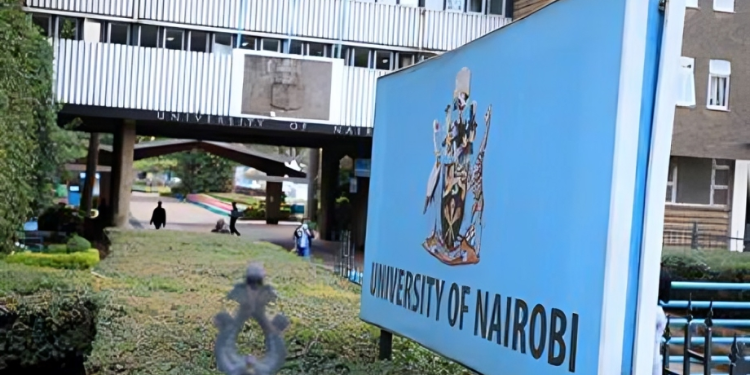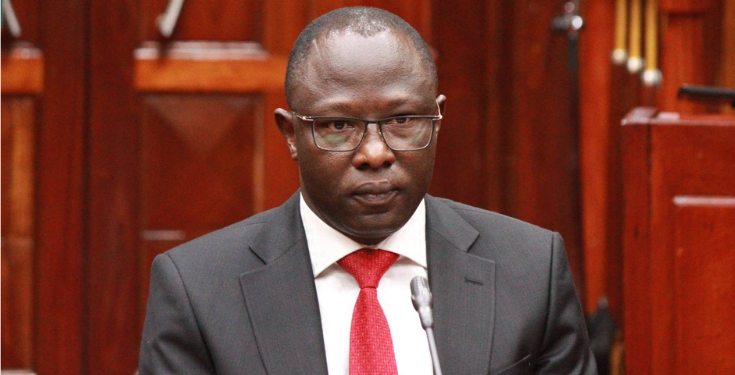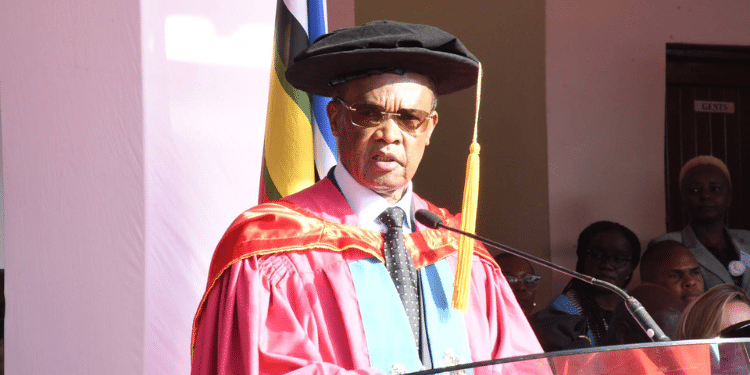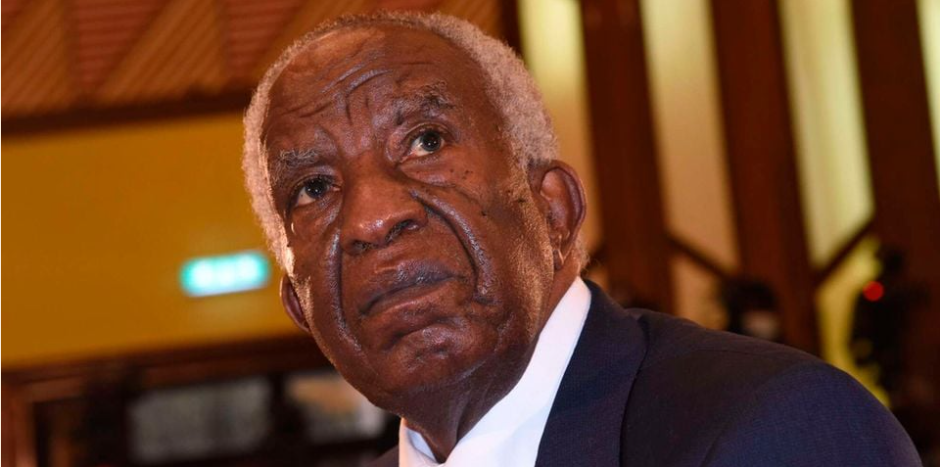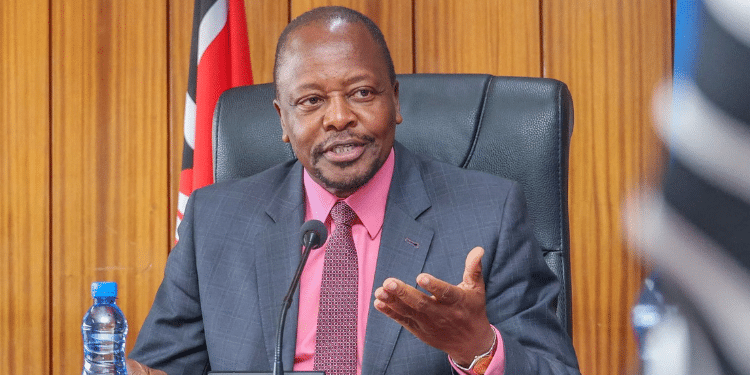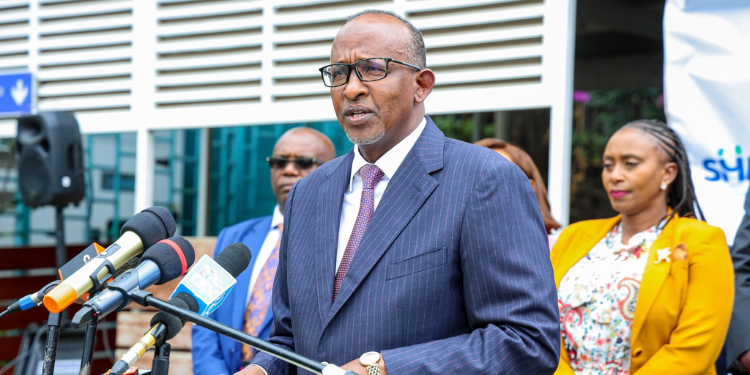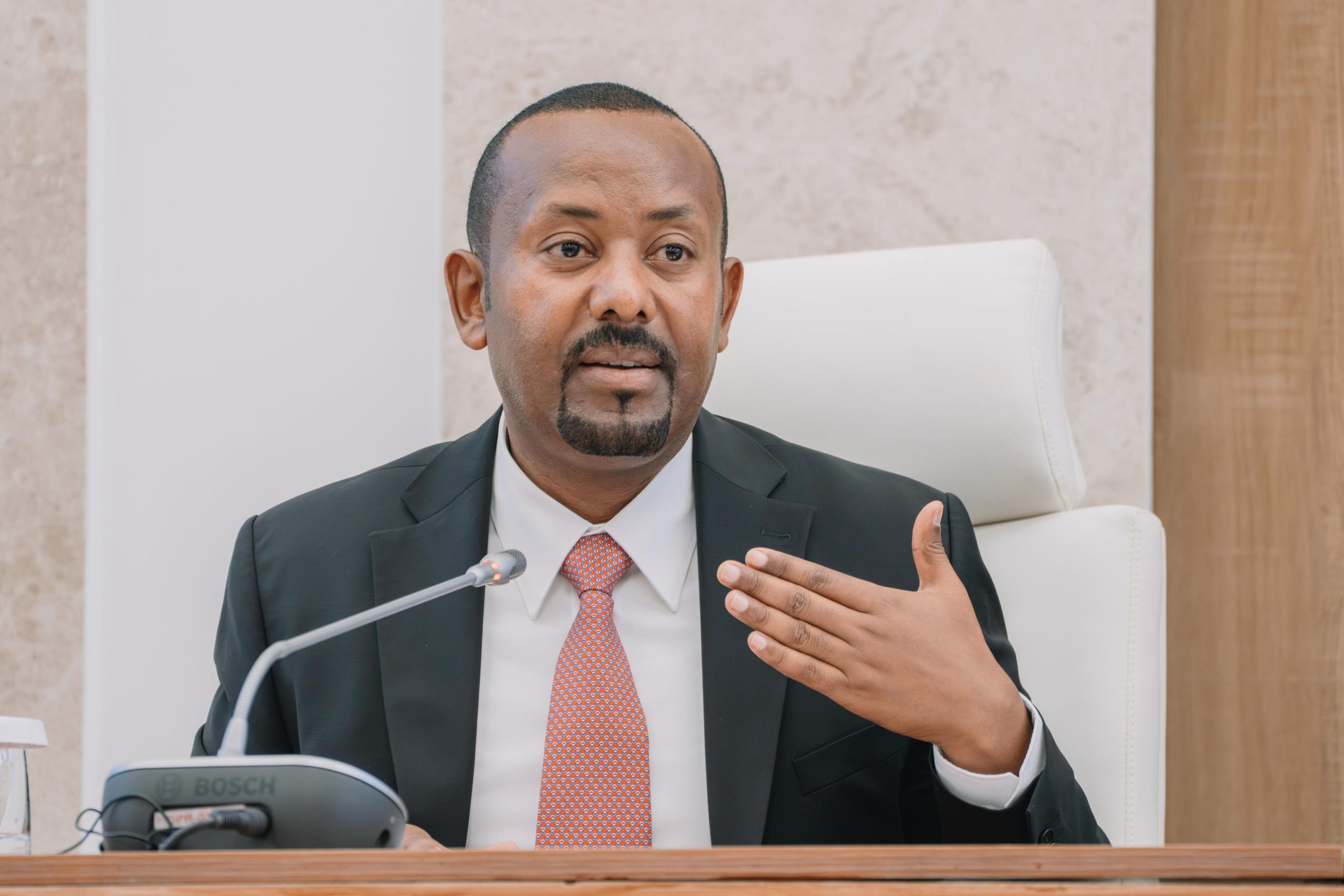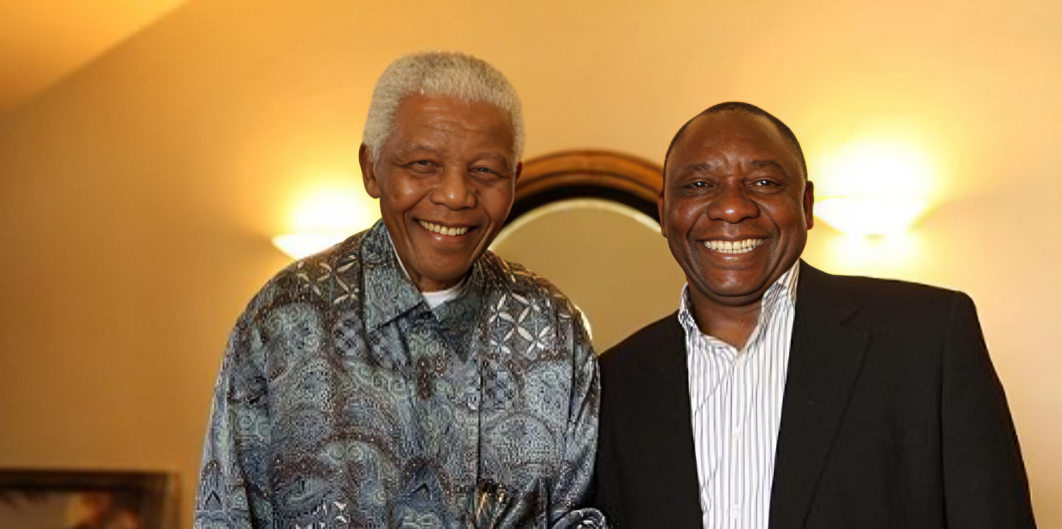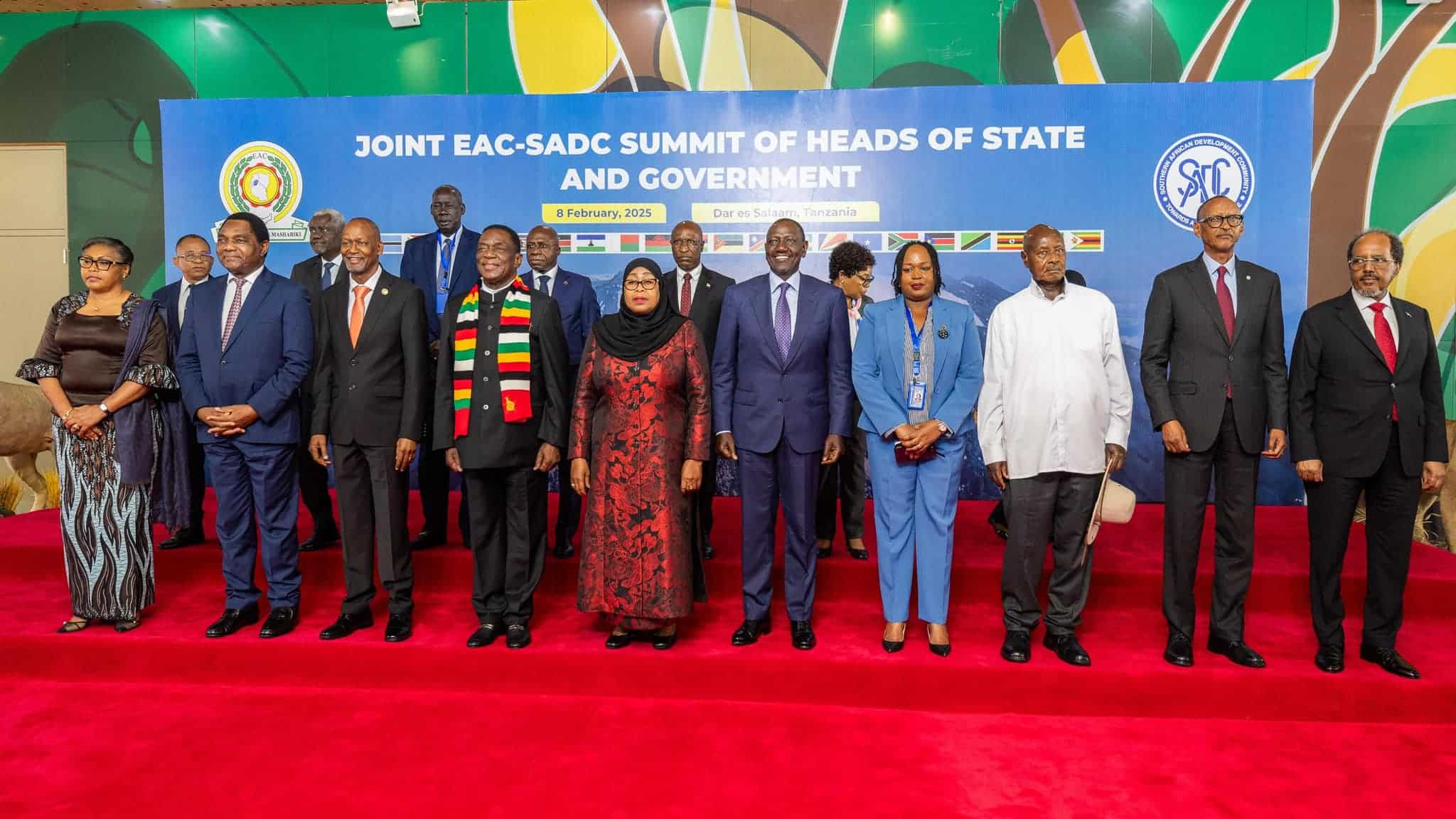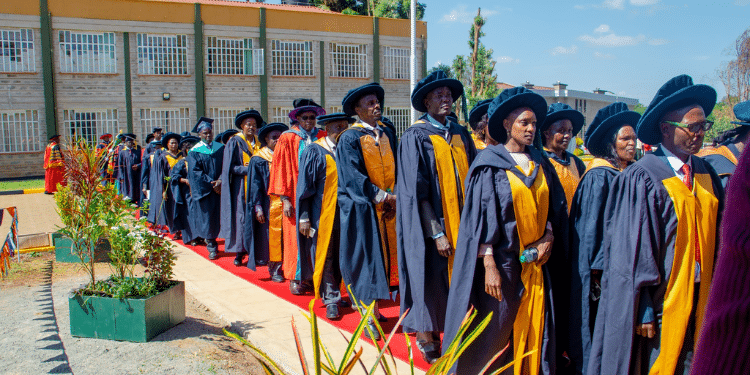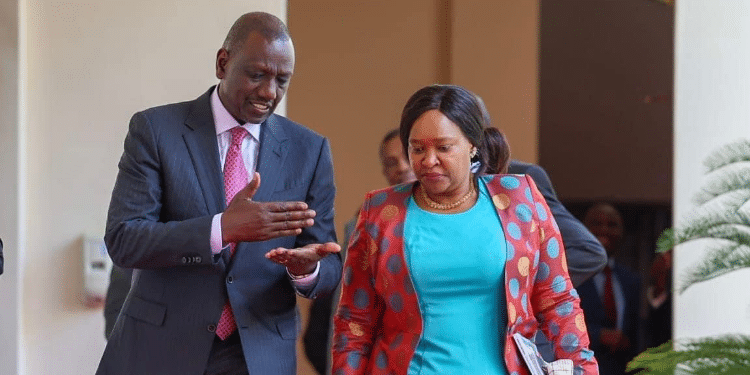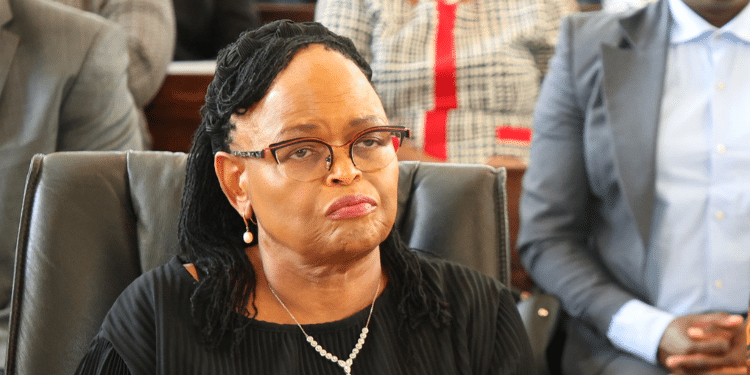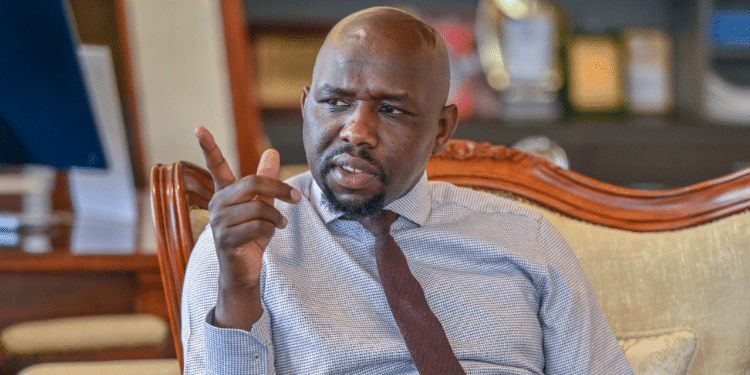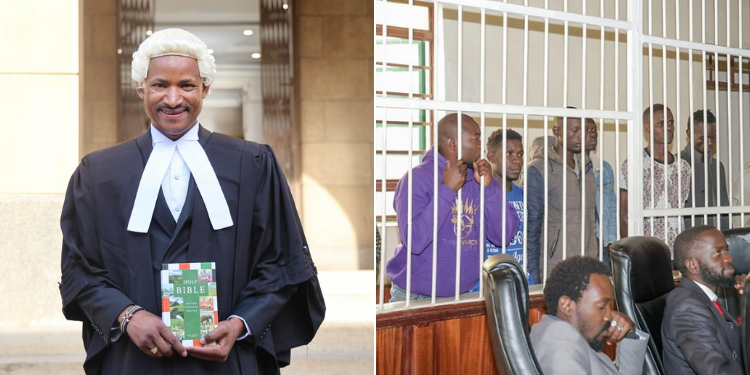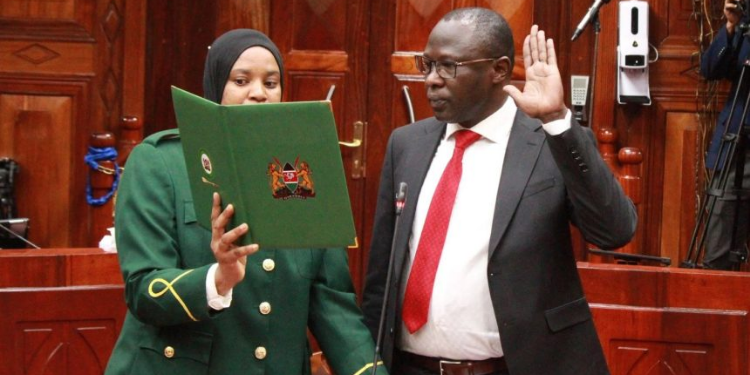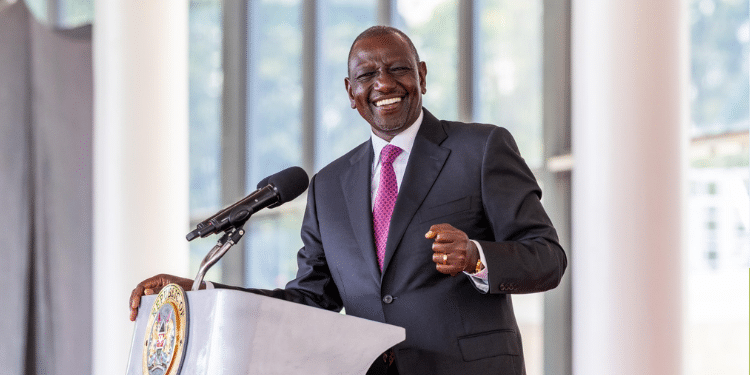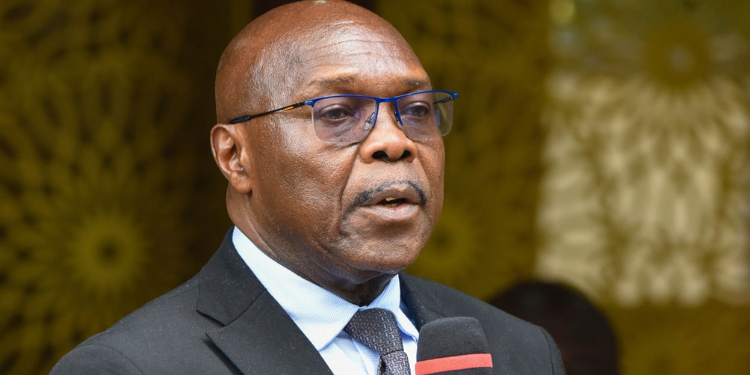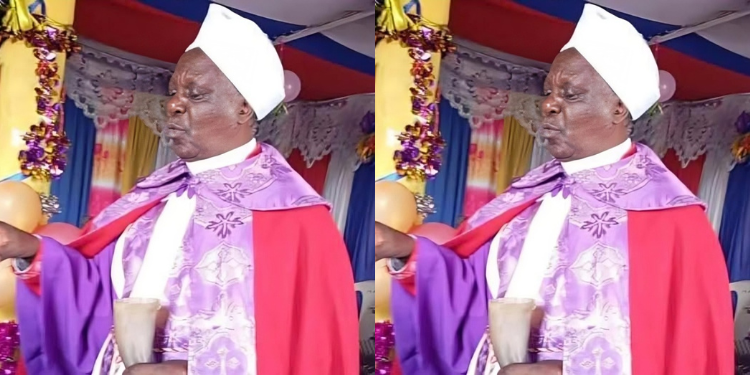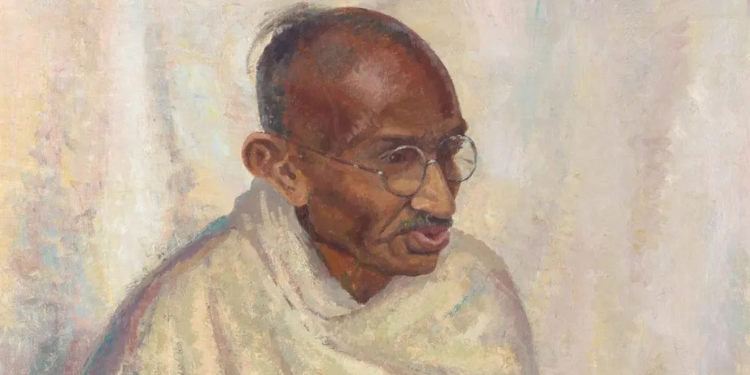An ad hoc Parliamentary Committee formed by National Assembly Speaker Moses Wetangula has termed WorldCoin activities in Kenya illegal and recommended it shut down.
A report seen by The Kenya Times, dated September 28, noted that the inquiry was prompted by insufficient and unsatisfactory response from the Interior Cabinet Secretary Kithure Kindiki.
Further, the report added that the Cabinet secretary for the Ministry of Information, Communications and Digital Economy Eluid Owalo also submitted an unsatisfactory response to the matter.
“The report, containing proceedings, recommendations and observations of the Ad hoc committee established on August 15, to inquire into the activities of Worldcoin in Kenya,” the report read in part.

Also Read: University Students Reveal How They Were Duped in Worldcoin Deal
Findings by the Ad Hoc Committee on World Coin Activities
According to the parliamentary committee, the activities were unlawful in Kenya because the companies that began the operations, TFH Corp and TFH GmbH, did not make applications for registration as data controllers on time.
“They continued to operate in total disregard to the cessation orders and directives issued by Kenyan Authorities. Their activities, therefore, violated the Kenyan laws,” the report read in part.
Secondly, the committee observed that Worldcoin’s objective of decentralizing the global monetary system is a threat to statehood as it poses security concerns.
“The determination of the value of the virtual currency is through speculative tendencies of the users of the cryptocurrency.
“Cryptocurrencies pose security concerns due to their potential for anonymity, borderless transactions, difficulty in tracing decentralization, lack of third-party intermediaries, and limited regulation in Kenya,” added the report.
Also Read: Worldcoin Boss Explains Fate of Data Taken from Kenyans
Worldcoin CEO on Images Taken in Kenya
Earlier on September 6, Worldcoin Chief Executive Officer Alex Blania revealed that all images taken from Kenyans during the registration process were deleted, refuting claims that the company was mining data from Kenyans.
Instead, he noted that they were only interested in the iris codes to be used in authentication of accounts. adding that the codes are used to verify that a user is human and would be used as security to the users’ accounts.
Further, he explained that data collected in Kenya, Uganda, Ghana, or Nigeria is stored in South Africa.
According to the company, the World ID is designed to enhance privacy. The Company explained that using the unique iris biometrics will solve the “increasingly difficult challenge of differentiating between robots and people.
Alarm Raised by Worldcoin
The government was alarmed by Worldcoin activities after the process exposed Kenya’s unpreparedness to technologies which threaten to compromise crucial personal data.
Many Kenyans who participated in the registration process have since reported cases of eye defects hence begging the question of what risks Kenyans faced through the eye scanners.
Health Cabinet Secretary Susan Nakhumicha acknowledged the problems and urged Kenyans experiencing the effects to report to health facilities for examination.




